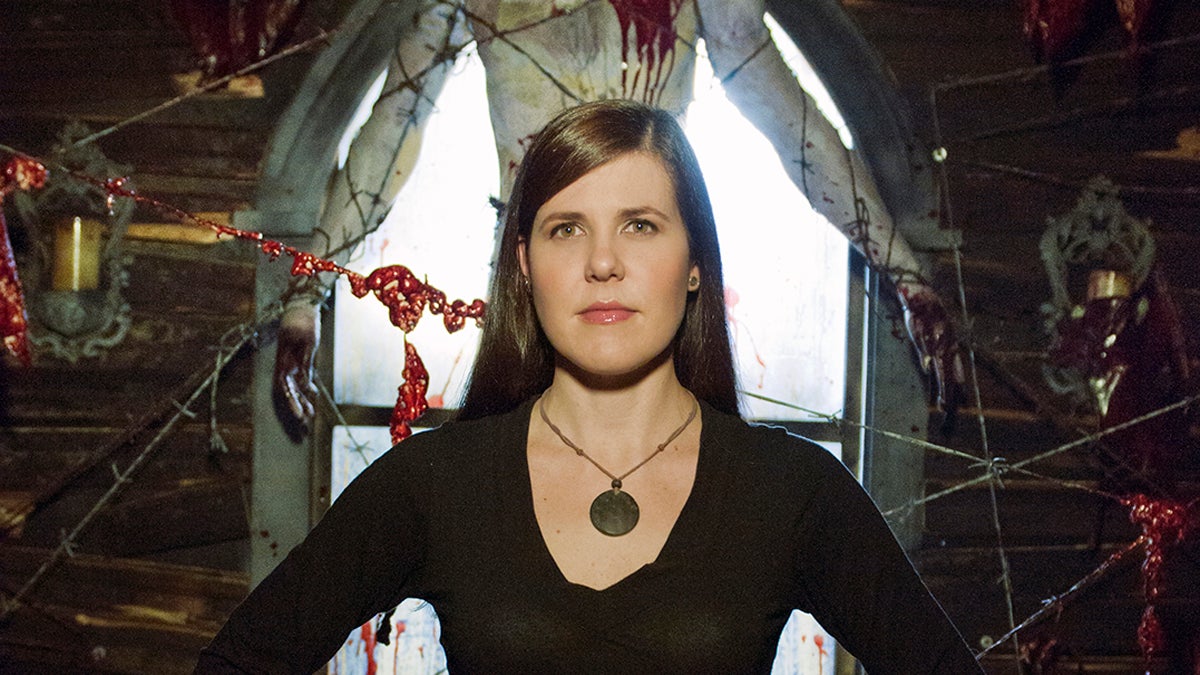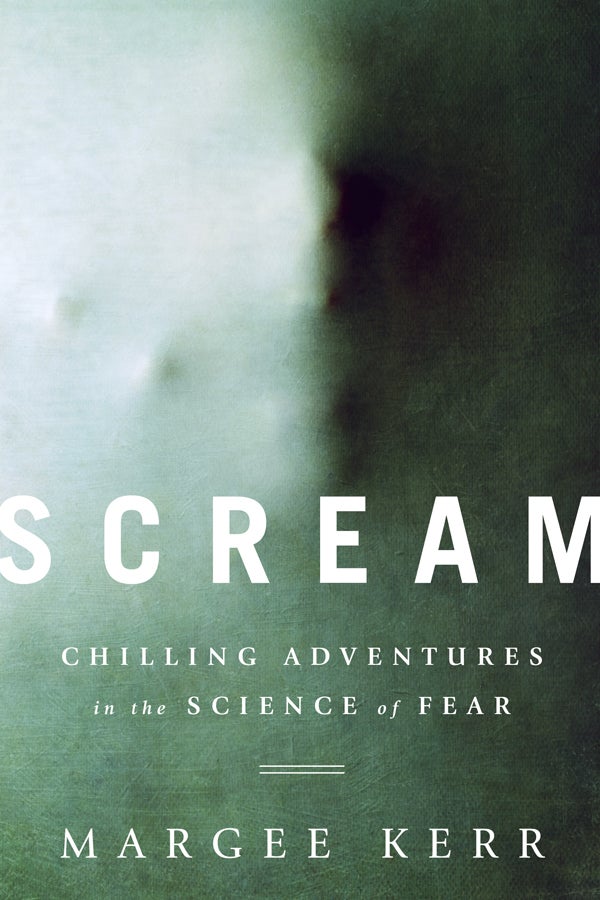Scream, the science behind why we like to be scared
Listen
Author Margee Kerr describes herself as a thrill seeker. (Courtesy of Rachellyn Schoen)
Sociologist Margee Kerr has been a thrill seeker since she was a kid. She remembers her first haunted house at age six — it was at her cousin’s elementary school, and was what she describes as a “shabby, thrown together haunt.”
The experience inspired her to start investigating the science behind fear, which she discusses in her new book, “Scream, Chilling Adventures in the Science of Fear.”
Many people, Kerr explains, enjoy experiencing fear in a safe environment because of the physiological response. Our bodies are programmed to release endorphins, dopamine, serotonin and more, to help make us stronger and faster. This feels good to some people, but bad to others, which is why some are more interested in being scared.
At Philadelphia’s Eastern State Penitentiary, people line up around the block to walk through Terror Behind The Walls, a giant haunted house. I caught up with some of them to ask why it is they like to be scared. You can hear their responses above.

WHYY is your source for fact-based, in-depth journalism and information. As a nonprofit organization, we rely on financial support from readers like you. Please give today.



